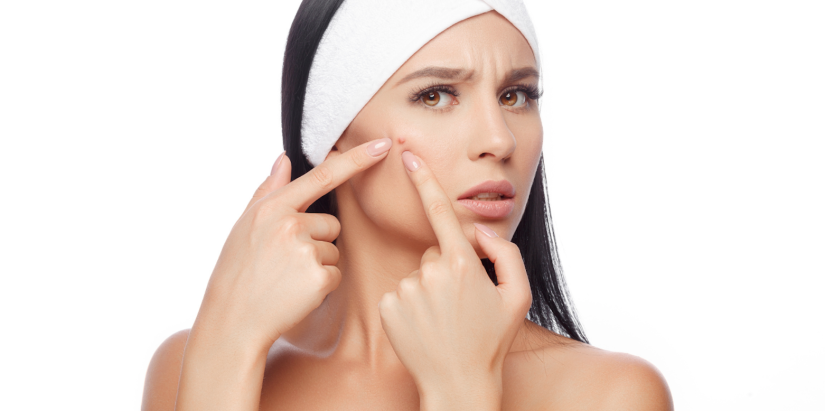Acne is a common skin condition that affects almost 20% of the Canadian population, according to the Canadian Dermatology Association. Many people spend years struggling with acne, which can impact their self-esteem and even result in emotional damages.
To help you understand acne and its causes, we gathered five facts about acne that you need to know before choosing the best acne treatment for you. Keep reading!
Acne is not caused by dirty skin
Scrubbing your face everyday won’t get rid of acne. Acne happens when the sebaceous glands produce too much oil, which gets mixed with dead skin cells and leads to clogged pores. The redness is a result from bacteria getting trapped in those pores, causing inflammation.
Acne can be a long-term condition
Although the majority of the people struggling with acne are teenagers, the condition can persist through adulthood for a lot of them. In fact, adult acne has been increasing in the past decade across the world, especially women.
Acne has different levels of severity
A skin consultation can help to identify the severity of your acne. There are three main levels: mild acne consists of white and blackheads, with few inflammation, while moderate acne happens when there are noticeable pustules and multiple inflammation. Finally, severe acne results in several pustules and nodules on the skin, as well as scaring.
Many acne treatments have harmful side effects
Accutane, Isotretinoin and Photodynamic Therapy are common acne treatments but the side effects can include pain, increase on skin dryness, and continuous use for a long period to keep acne breakouts under control.
Laser treatments are a great option for long-term results
Laser treatments are the most recent innovations for getting rid of acne, providing a faster and safer experience, with long-lasting results. FDA-cleared, AviClear is an advanced acne treatment that targets the cause of acne and is appropriate for all skin types and tones, from mild to severe acne. Completely chemical free, AviClear needs only three 30-minute sessions to work on your skin, requiring no downtime.
Book a free consultation with us and know more about our revolutionary acne treatment!
References
Bhate K, Williams HC. Epidemiology of acne vulgaris. Br J Dermatol. 2013;168(3):474-485.
Dagnelie MA, Poinas A, Dréno B. What is new in adult acne for the last 2 years: focus on acne pathophysiology and treatments. Int J Dermatol. 2022;61(10):1205-1212. doi:10.1111/ijd.16220
Gold MH, et al. Self-diagnosis of Mild-to-Moderate Acne for Self Treatment with Blue Light Therapy. J Clin Aesthet Dermatol. 2009;2(4):40-44

